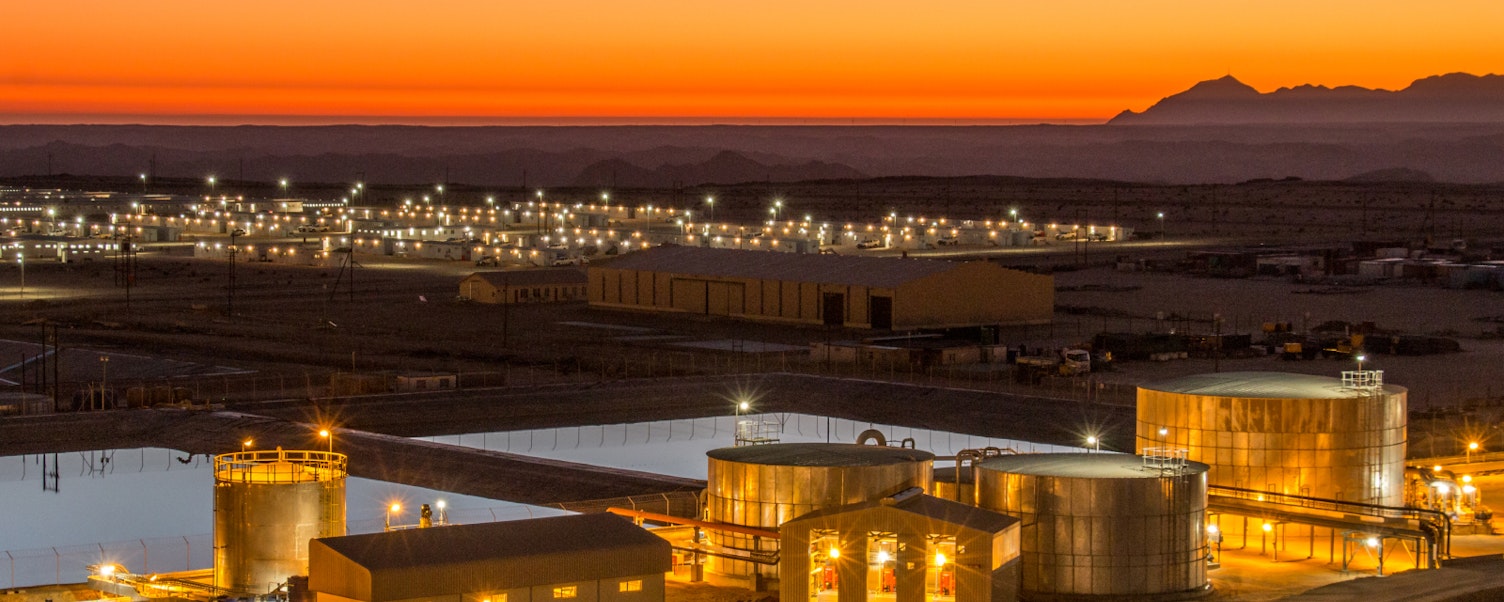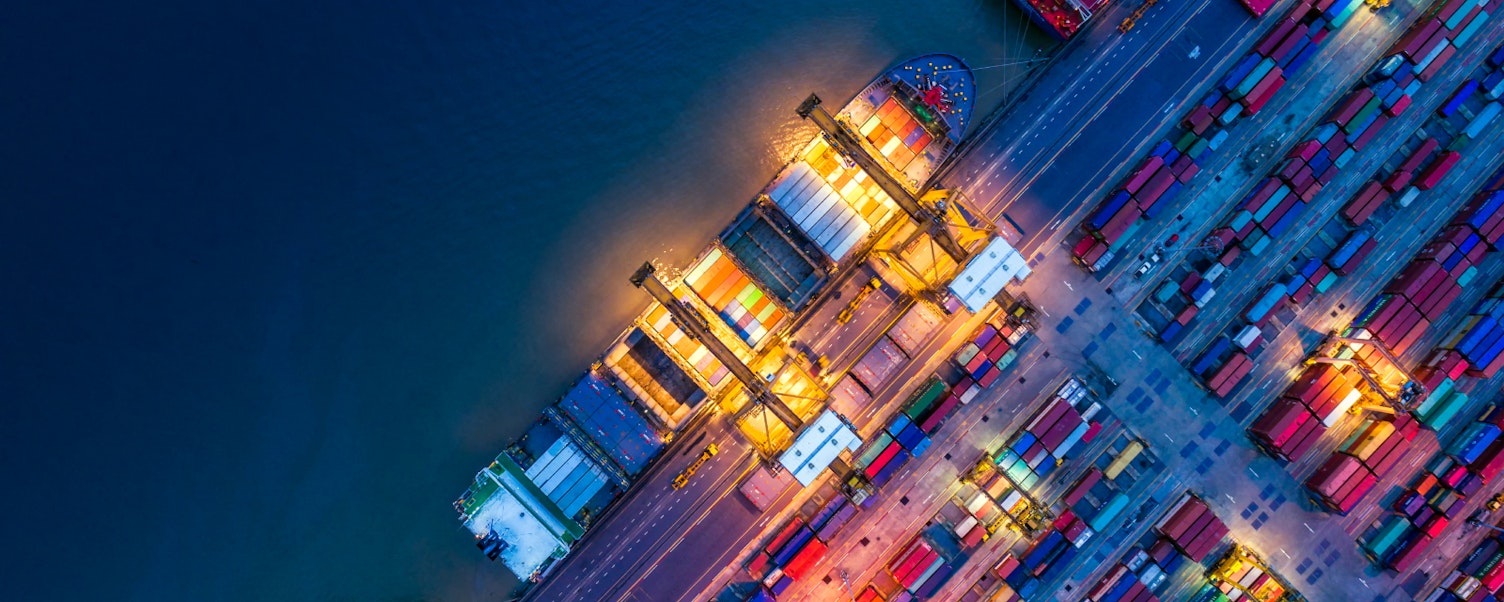At the SGS Global Biosciences Center, we focus on the many ways nature provides a sustainable solution for the most challenging issues
For instance, microbes have already been used for decades in the processing of copper and gold ores, reducing the need for high-temperature processes, which consume energy. Similarly, microbes, or even plants, may be used to extract much needed rare-earth-elements (REE) from historic mine tailing, whereby reduction of acidic mine effluent may also be mitigated. We can help you extract REEs, which are critical for the energy transition as they are used in batteries, solar panels and windmills.



